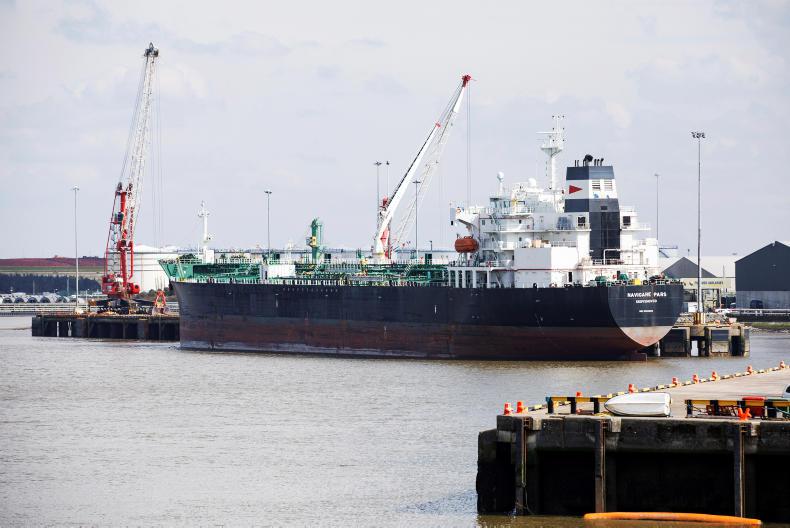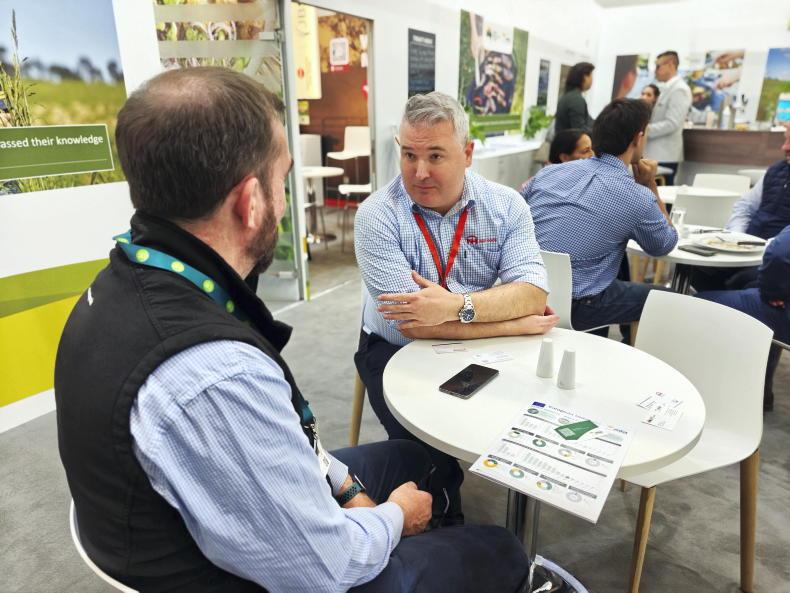Earlier this month the UFU hit out at Finnebrogue chief Denis Lynn for comments attributed to him urging Trade Secretary Liz Truss to do a free trade deal with New Zealand (NZ).
Specifically, Lynn wanted to be able to import NZ Wagyu beef tariff-free, and said he would pass on the savings he made to his customers.
Whatever about the opportunities that Finnebrogue might see for itself, it is hard to envisage a scenario whereby the UK allows in NZ Wagyu tariff-free, but keeps a barrier in place for all other beef.
It is understandable that local farmers are anxious about a NZ trade deal. It poses one of the biggest threats of all.
NZ is the world’s fifth largest exporter of beef by volume, and with producer prices around £1/kg below the UK, has the potential to significantly undercut domestic production. There are also historic cultural links and an established route to market with NZ lamb.
Yet when the UFU cited its concerns around a NZ trade deal, there was the inevitable backlash on social media from those pointing out that the majority of farmers voted for Brexit, so what else did they expect?
The assumption that most NI farmers wanted Brexit seems to be based on a show of hands at a UFU event at Balmoral Park just ahead of the 2016 EU referendum. No doubt the majority that night said they were voting to leave, but that UFU gathering was not representative of all farmers across NI.
Compromise
Since the 2016 vote, the UFU consistently argued for a “soft Brexit” involving a customs union-type agreement with the EU. It was a compromise position between leave and remain that would have given the UK control over money and laws, and protected existing trade arrangements. On that basis, farming leaders have every right to call out the UK government for pursuing new trade deals that will ultimately undermine farm incomes.
Read more
UK secures trade deal with Japan
Mercosur trade agreement fails the sustainability test - Oxford report
Earlier this month the UFU hit out at Finnebrogue chief Denis Lynn for comments attributed to him urging Trade Secretary Liz Truss to do a free trade deal with New Zealand (NZ).
Specifically, Lynn wanted to be able to import NZ Wagyu beef tariff-free, and said he would pass on the savings he made to his customers.
Whatever about the opportunities that Finnebrogue might see for itself, it is hard to envisage a scenario whereby the UK allows in NZ Wagyu tariff-free, but keeps a barrier in place for all other beef.
It is understandable that local farmers are anxious about a NZ trade deal. It poses one of the biggest threats of all.
NZ is the world’s fifth largest exporter of beef by volume, and with producer prices around £1/kg below the UK, has the potential to significantly undercut domestic production. There are also historic cultural links and an established route to market with NZ lamb.
Yet when the UFU cited its concerns around a NZ trade deal, there was the inevitable backlash on social media from those pointing out that the majority of farmers voted for Brexit, so what else did they expect?
The assumption that most NI farmers wanted Brexit seems to be based on a show of hands at a UFU event at Balmoral Park just ahead of the 2016 EU referendum. No doubt the majority that night said they were voting to leave, but that UFU gathering was not representative of all farmers across NI.
Compromise
Since the 2016 vote, the UFU consistently argued for a “soft Brexit” involving a customs union-type agreement with the EU. It was a compromise position between leave and remain that would have given the UK control over money and laws, and protected existing trade arrangements. On that basis, farming leaders have every right to call out the UK government for pursuing new trade deals that will ultimately undermine farm incomes.
Read more
UK secures trade deal with Japan
Mercosur trade agreement fails the sustainability test - Oxford report









SHARING OPTIONS